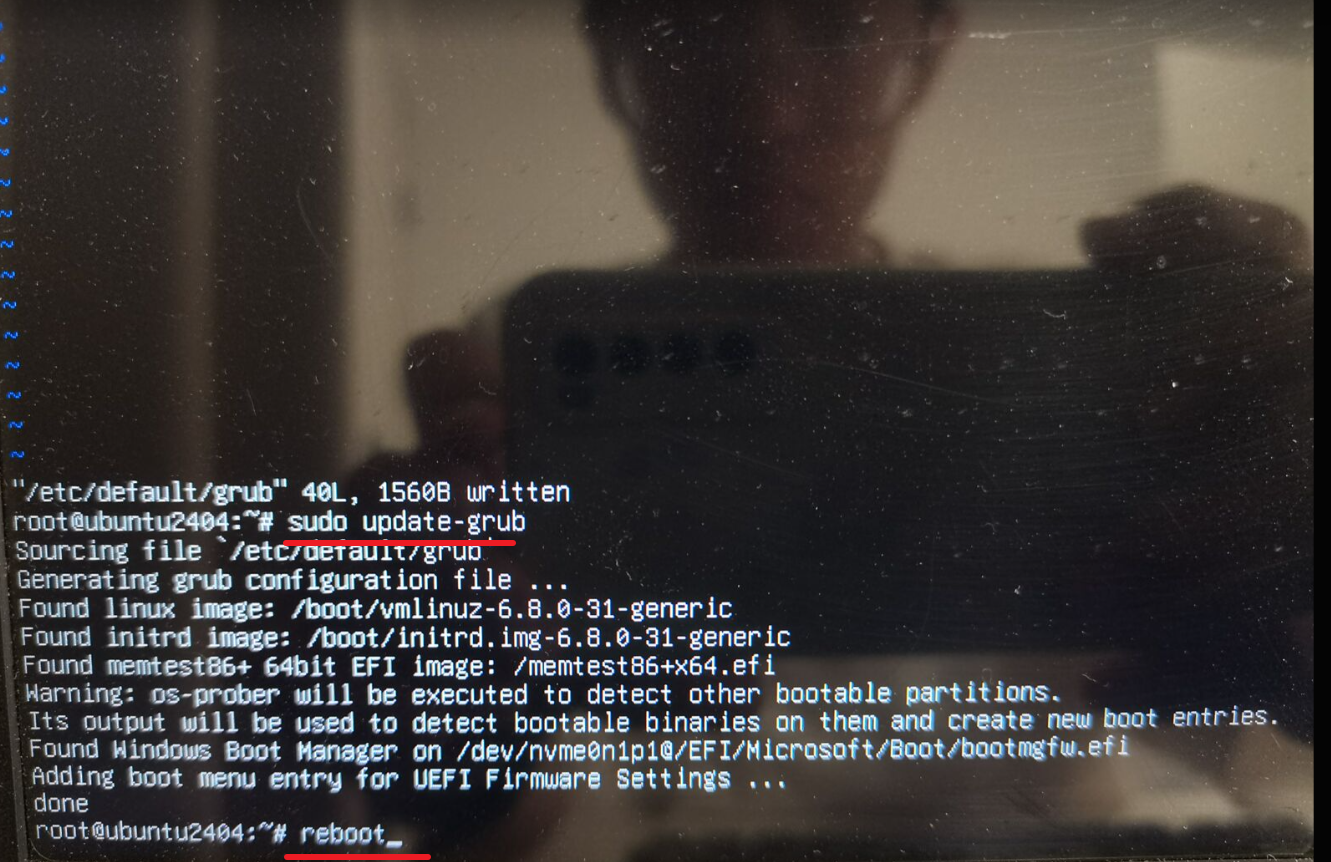文章目录
- 一、Elasticsearch简介
- 二、Python与Elasticsearch交互
- 2.1 安装必要的库
- 2.2 连接到Elasticsearch服务器
- 三、数据准备
- 四、创建索引(可选)
- 五、存储数据
- 5.1 单个文档索引
- 5.2 批量索引
- 六、查询数据
- 七、更新和删除数据
- 7.1 更新文档
- 7.2 删除文档
- 八、高级功能
- 8.1 使用别名
- 8.2 设置副本和分片
- 8.3 使用Ingest Pipelines
- 九、错误处理与调试
- 十、注意事项
- 十一、总结
要掌握使用Python将数据存储到Elasticsearch,需要了解Elasticsearch的基本概念、Python与Elasticsearch的交互方式以及实际操作步骤。以下是详细的指南:
一、Elasticsearch简介
Elasticsearch 是一个基于Lucene的分布式搜索和分析引擎,具有高扩展性、实时性和强大的全文搜索能力。它广泛应用于日志分析、全文搜索、数据可视化等领域。
二、Python与Elasticsearch交互
2.1 安装必要的库
使用pip安装elasticsearch客户端库:pip install elasticsearch
2.2 连接到Elasticsearch服务器
首先,导入Elasticsearch类并创建一个连接实例。
from elasticsearch import Elasticsearch# 连接到本地Elasticsearch服务器
es = Elasticsearch([{'host': 'localhost', 'port': 9200}])# 检查连接是否成功
if es.ping():print("连接成功")
else:print("无法连接到Elasticsearch")
如果Elasticsearch运行在远程服务器或需要认证,可以这样连接:
es = Elasticsearch(['https://your-remote-host:9200'],http_auth=('username', 'password')
)
三、数据准备
Elasticsearch以JSON文档的形式存储数据。准备要存储的数据,例如:
article = {"title": "我的第一篇文章","content": "这是我的第一篇文章的内容。","author": "张三","date_published": "2024-04-27"
}
四、创建索引(可选)
索引是Elasticsearch中存储数据的地方。可以预先定义索引的映射(Mapping)来指定字段类型和其他属性。
mapping = {"mappings": {"properties": {"title": {"type": "text"},"date_published": {"type": "date", "format": "yyyy-MM-dd"}}}
}# 创建名为'blog'的索引
es.indices.create(index='blog', body=mapping)
如果索引已存在,可以先检查:python
if not es.indices.exists(index='blog'):es.indices.create(index='blog', body=mapping)
五、存储数据
5.1 单个文档索引
使用index方法将单个文档存储到索引中。
res = es.index(index='blog', body=article, id=1)
print(res['result']) # 输出 'created' 或 'updated'
5.2 批量索引
对于大量数据,使用bulk方法更高效。需要按照Elasticsearch的批量操作格式构建数据。
from elasticsearch.helpers import bulkactions = [{"_index": "blog","_id": 2,"_source": {"title": "第二篇文章","content": "这是第二篇文章的内容。","author": "李四","date_published": "2024-04-28"}},# 添加更多文档
]bulk(es, actions)
六、查询数据
- 简单查询
使用search方法执行查询。
query = {"query": {"match_all": {}}
}res = es.search(index='blog', body=query)
for hit in res['hits']['hits']:print(hit['_source'])
- 条件查询
例如,查询作者为“张三”的文章:
query = {"query": {"match": {"author": "张三"}}
}res = es.search(index='blog', body=query)
for hit in res['hits']['hits']:print(hit['_source'])
七、更新和删除数据
7.1 更新文档
使用update方法更新已有文档。
update_body = {"doc": {"title": "更新后的标题"}
}es.update(index='blog', id=1, body=update_body)
7.2 删除文档
使用delete方法删除指定文档。
es.delete(index='blog', id=1)
八、高级功能
8.1 使用别名
为索引创建别名,方便管理和切换。
es.indices.put_alias(index='blog_v1', name='blog')
8.2 设置副本和分片
在创建索引时设置副本数和分片数。
settings = {"settings": {"number_of_shards": 3,"number_of_replicas": 2}
}es.indices.create(index='blog', body=settings)
8.3 使用Ingest Pipelines
预处理数据,如日期解析、文本分析等。
pipeline = {"description": "解析日期字段","processors": [{"date": {"field": "date_published","target_field": "@timestamp","formats": ["yyyy-MM-dd"]}}]
}es.ingest.put_pipeline(id="date_pipeline", body=pipeline)# 使用pipeline索引文档
res = es.index(index='blog',body=article,pipeline="date_pipeline"
)
九、错误处理与调试
在实际应用中,处理可能出现的错误非常重要。例如,处理连接异常、索引失败等。
from elasticsearch import ElasticsearchExceptiontry:res = es.index(index='blog', body=article, id=1)print(res['result'])
except ElasticsearchException as e:print(f"发生错误: {e}")
十、注意事项
索引管理:在存储数据之前,不需要手动创建索引,Elasticsearch 会在第一次插入数据时自动创建索引。如果需要自定义索引的映射(mapping),可以在插入数据之前使用indices.create方法创建索引并指定映射。
数据类型:Elasticsearch 会根据插入的数据自动推断字段的数据类型,但为了避免类型问题,建议在创建索引时明确指定字段的映射。
错误处理:在实际应用中,需要对可能出现的网络错误、连接错误等进行适当的错误处理,以确保程序的健壮性。
十一、总结
通过以上步骤,你可以轻松地将数据存储到Elasticsearch中,并进行基本的CRUD操作。Elasticsearch是一个功能强大的搜索引擎,适用于各种场景,如日志分析、全文搜索、数据分析等。掌握这些基本操作后,你可以进一步探索Elasticsearch的高级功能,如聚合、复杂查询、索引管理等。



















